![Logan Richardson - Sacred Garden (2024) [FLAC 24bit/48kHz] Download](https://imghd.xyz/images/2024/03/27/cv0javh3pd0ab_600.jpg)
Logan Richardson – Sacred Garden (2024)
FLAC (tracks) 24 bit/48 kHz | Time – 01:01:24 minutes | 781 MB | Genre: Jazz
Studio Masters, Official Digital Download | Front Cover | © WAX Industry
Logan Richardson Reminds Us What Charlie Parker Was All About. On Sacred Garden, Logan Richardson proves that he remains one of the most essential artists in every conversation about jazz’s present and future.
When I talked with Logan Richardson three years ago about the possible directions jazz could take, he had no doubts that nothing would stop him from accomplishing even the most unconventional ideas, like combining unconditional love for Charlie Parker with a soft spot for the Terminator soundtrack. Sacred Garden confirms that he meant it.Richardson doesn’t try to fix the definition of his sound with each subsequent release. Instead, he expands it to such an extent that no labels will stick permanently, except perhaps the most general one – American folk in its various forms, usually with a jazz foundation. In addition, he also doesn’t hesitate to show new concepts before giving them a final shape, prefers to expose the process and shares freeze-frames of his transformation, which has most likely already – just over a month after the album’s premiere – led him to other areas. Richardson’s way of thinking resembles Miles Davis‘ neverending search for the next big idea. Both developed characteristic sounds of their instruments, yet they have never established themselves in a permanent, cemented context that would allow anyone to bind their music with any specific style.
On Logan Richardson’s first three albums – released between 2007 and 2015 – Kansas City’s saxophonist already knew how to allure with technical skills, and although no one could accuse him of imitating Bird, it wasn’t hard to disclose the inspirations speaking through his alto. Crucial change has been made after forming the Blues People and releasing an album with a new band in 2018. On the one hand, the sax sound got blurred with a reverb that came with the addition of a melancholic aura reminding Scandinavian nujazz; on the other, obvious bebop influences were blended with fusion (sometimes in a furious, almost entirely rock incarnation) with extensive use of synthesizer and even a country tune paired with a modern beat.
Blues People can be considered an artistic freedom manifesto, but despite making an impressive effort to liberate himself from the genre shackles, Richardson decided to trim the extremes in subsequent records (Afrofuturism from 2021 and last year’s “Holy Water”) – in return their essence was broadened and deepened. Sacred Garden is the next stop on this journey, and while the previous release’s intimacy – enhanced by the cover of the young Richardson held by his mother – was a stand-out trait, this time, there is much more panache, also reflected on the cover, where a character outline with arms wide open stares to the infinite.
The fascination with Parker is not over. Sacred Garden begins with an excerpt from the interview conducted by Paul Desmond in 1954, where the saxophone legend confessed that he did not hear anything revolutionary in his playing – it was simply music that came from a genuine need to play, not from the will to cross genre or style boundaries. The quote ends when the bebop precursor prophesies: “Most likely, in another 25, maybe 50 years, some youngster will come along and take this style and do something with it.” By bridging these words with his music, Logan Richardson declares that he might be the one who will write the next chapter of this story. There’s no arrogance speaking through this decision. The Blues People leader has much to say in a language that might sound familiar but can’t be perfectly matched with any other already known.
“Twenty Twenty Four”, the first proper track, is a reminder of Logan Richardson’s interest in science-fiction cinema. He uses a synthesizer accompanied only by repeated tom drums beat to evoke a disturbing vision of the future. A future that – judging by the title – has already arrived. You can choose any of the numerous fears that keep you awake at night in 2024 on a personal and global scale – all of them can be found in this monumental sound, very familiar to anyone who ventured into post-rock landscape territory. There is so much sublimity and naivety-free pathos here that placing these eight and a half minutes of very visual music in a film would have to illustrate the dramatic finale. For Blues People, however, this is just the beginning.
At this early stage, the leader already reveals an essential ability – even when he plays solo, he does not feel the need to be in the front the whole time. It is especially noticeable at the end of the song, when he almost fades into the background, withdrawn behind other instruments and also behind his looped saxophone riff. On “Black to the Point”, the level of egalitarianism gets to a higher level because two electric guitars, a bass guitar, drums, alto, and electronics are joined by the very characteristic, attention-stealing voice of rapper Toni Sauna from Ohio, now based in Stockholm. There is something about his gloomy but not entirely dark raping and singing that can be linked to the trip-hop from the beginning of this century (especially to Tricky’s Blowback), which only Richardson seems to follow with a similar color palette. The rest of the band pick flashy, intensive rock, this time without the “post” prefix because instead of endless landscapes, the overwhelming density of sounds displaces any signs of silence, which should be credited primarily to drummer Ryan J. Lee, who plays in a medium tempo but with such intensity that if cut and pasted into bands like, for example, Cult of Luna or Baroness he would make it work just as well.
The colors, moods, and tempos change several times – from the gentle, romantic “Moonlight”, which (without taking anything away from it) with ease could become background music, through repeated for almost 11 minutes three-note motif around which the saxophone and the drums improvise in “The Fallen”, to a surprising transformation undergone in the ten-minute long “The Walls Speak”, which first seems to be more prog-rock oriented, then become deconstructed to the near-silent levels in a short part that reminds listening to a tape backward.
Although many names and styles pop into mind while listening to Sacred Garden, from the first to the 61st minute, it always fits into the broad spectrum of jazz aesthetics. Not only because Logan Richardson draws heavily (but with an open mind) from Charlie Parker, and the saxophone itself is stereotypically still assigned primarily to this music, but also because of its improvisational quality and this distinctive blue mood, which embraces longing, sadness, joy, and hope on equal terms.
Charlie Parker, anticipating that in a quarter or half a century, someone would take jazz in yet another direction, could not predict how much the availability of tools necessary for high-quality recordings done at home or in a private studio would increase and the same goes for releasing music on own terms, without major label involvement. There are many new, fascinating jazz musicians today, too many to pick just one and call him or her “a new Bird”, but maybe it’s better this way. Standing out among those who try to maintain the status quo is not as difficult as standing out in a community full of explorers and innovators. On Sacred Garden, Logan Richardson proves that he remains one of the most essential artists in every conversation about jazz’s present and future.
Tracklist:
1-1. Logan Richardson – DNA (01:19)
1-2. Logan Richardson – Twenty Twenty Four (08:29)
1-3. Logan Richardson – Black To The Point (04:56)
1-4. Logan Richardson – Moonlight (05:34)
1-5. Logan Richardson – The Fallen (10:53)
1-6. Logan Richardson – Strangling Roots (08:40)
1-7. Logan Richardson – The Walls Speak (10:03)
1-8. Logan Richardson – Warrior Of Light (11:27)
Download from FileJoker:
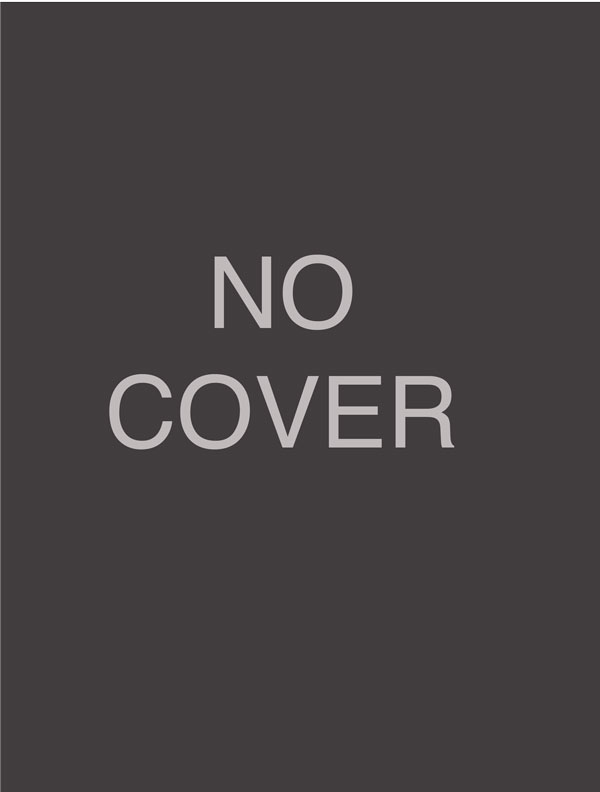

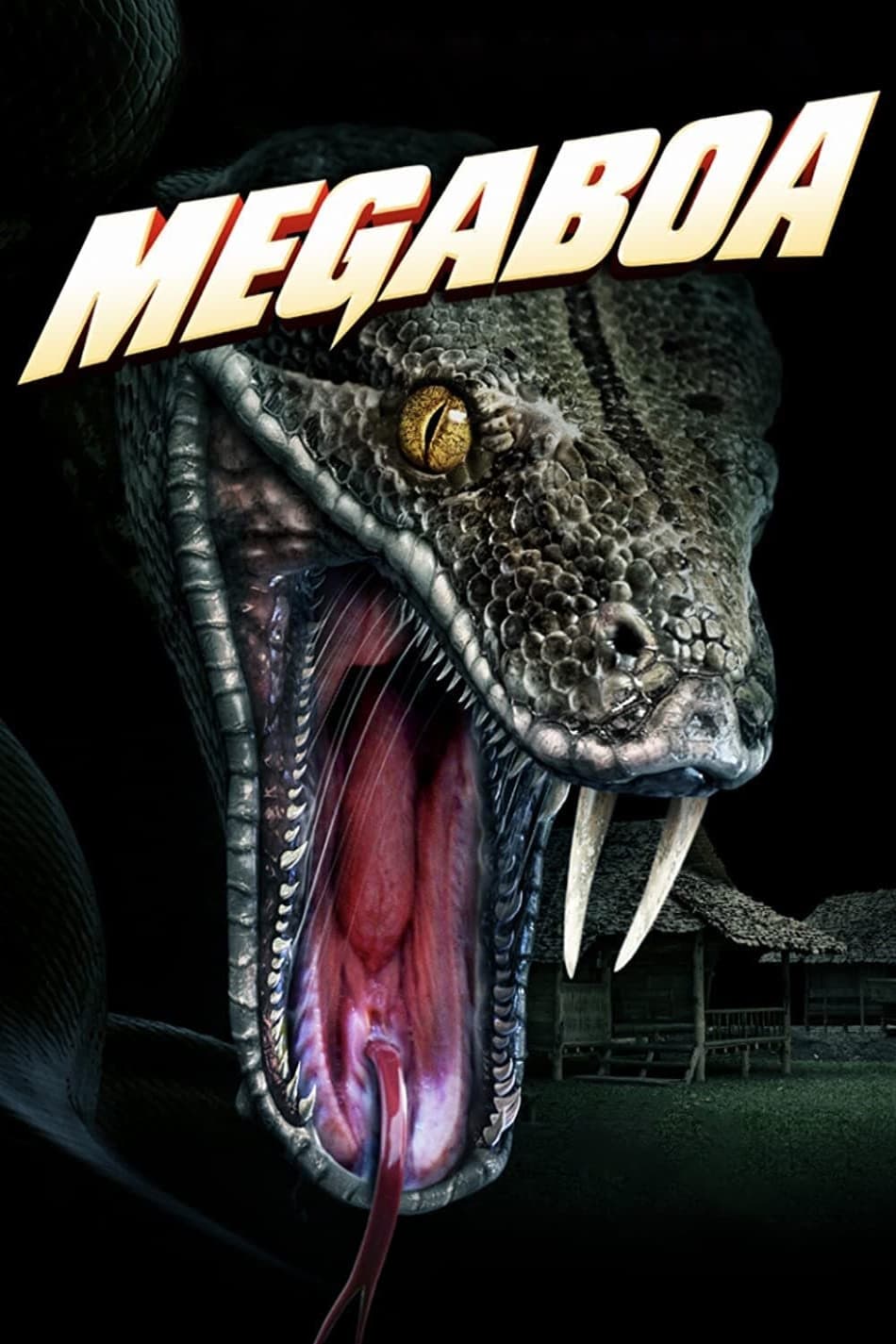
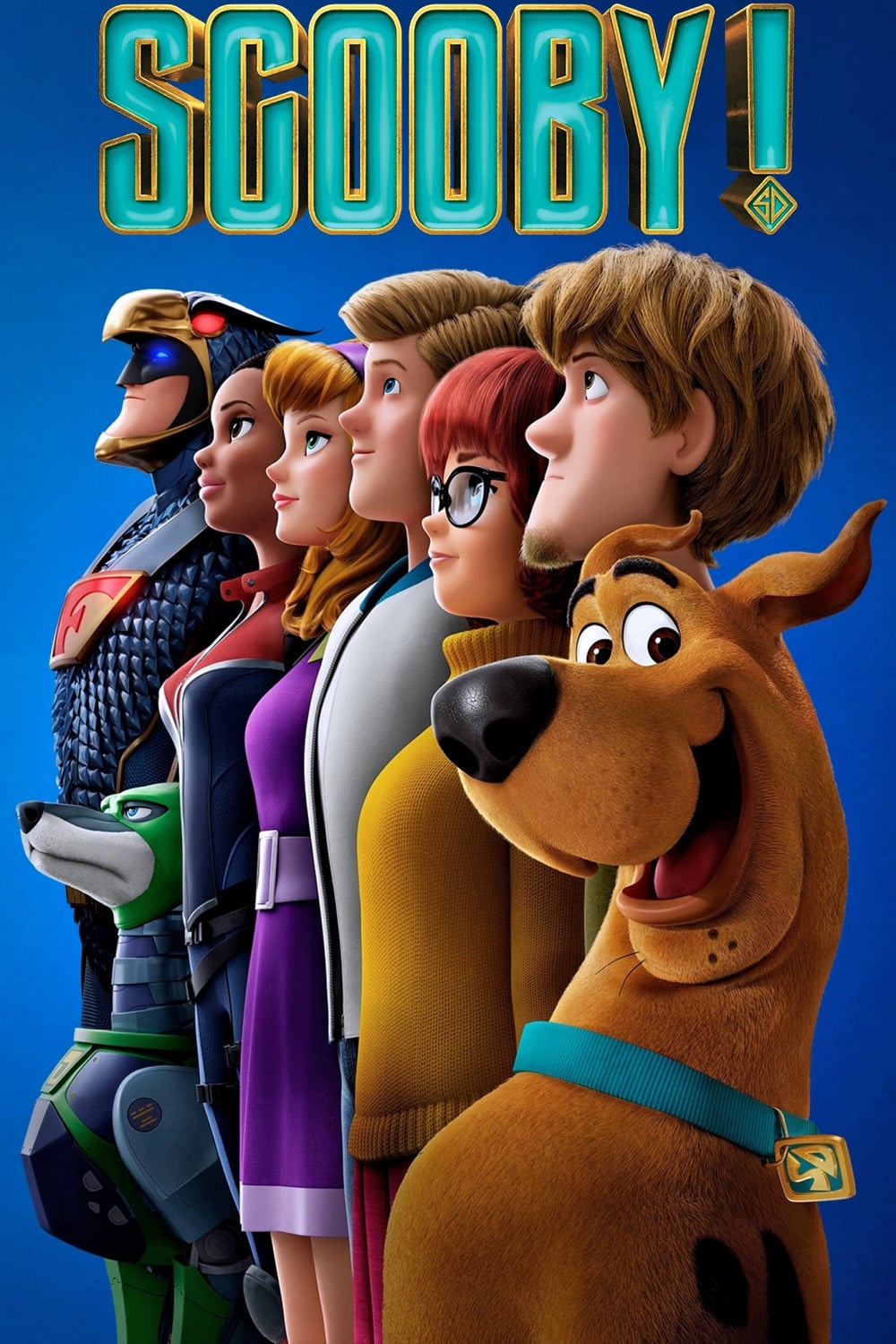
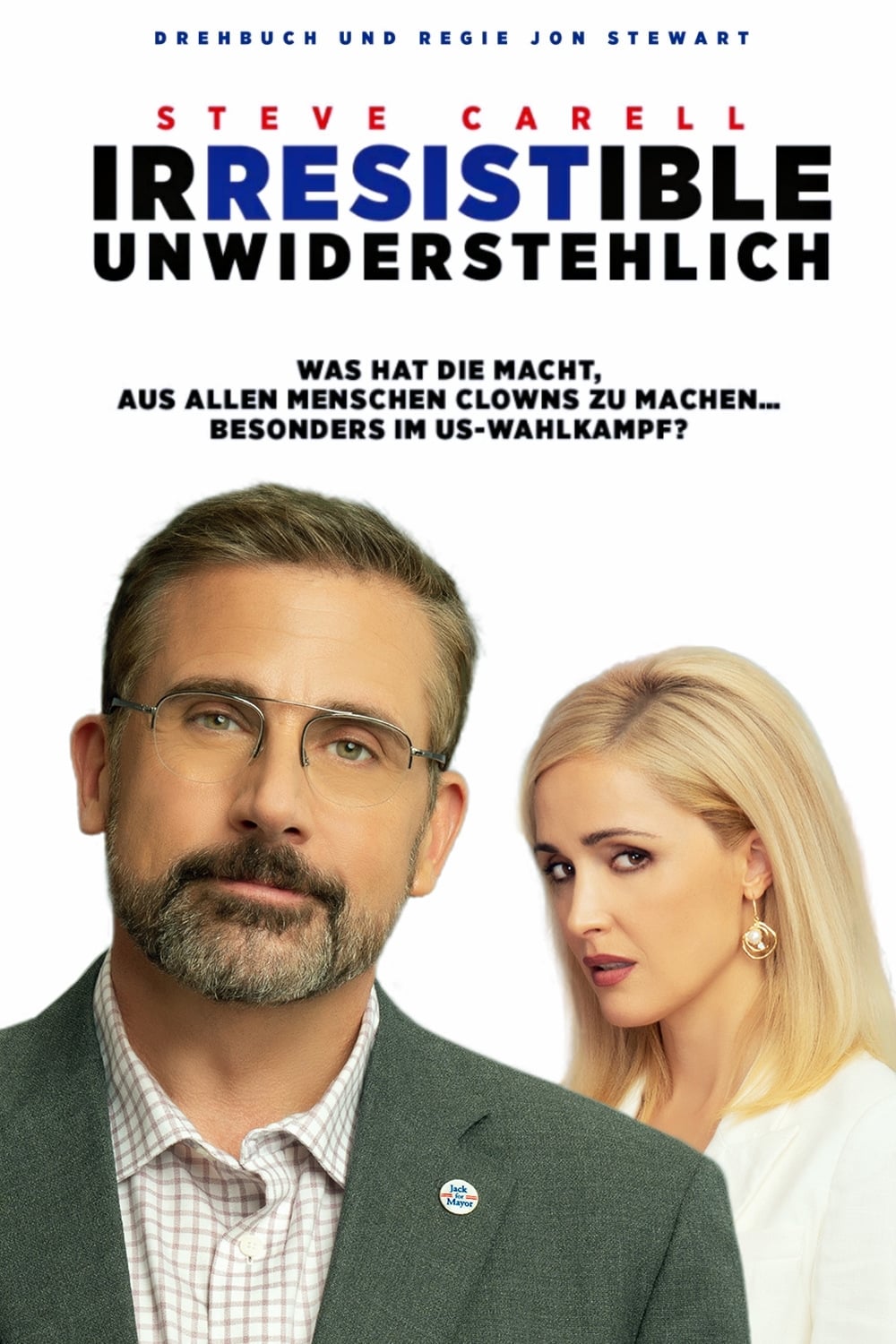
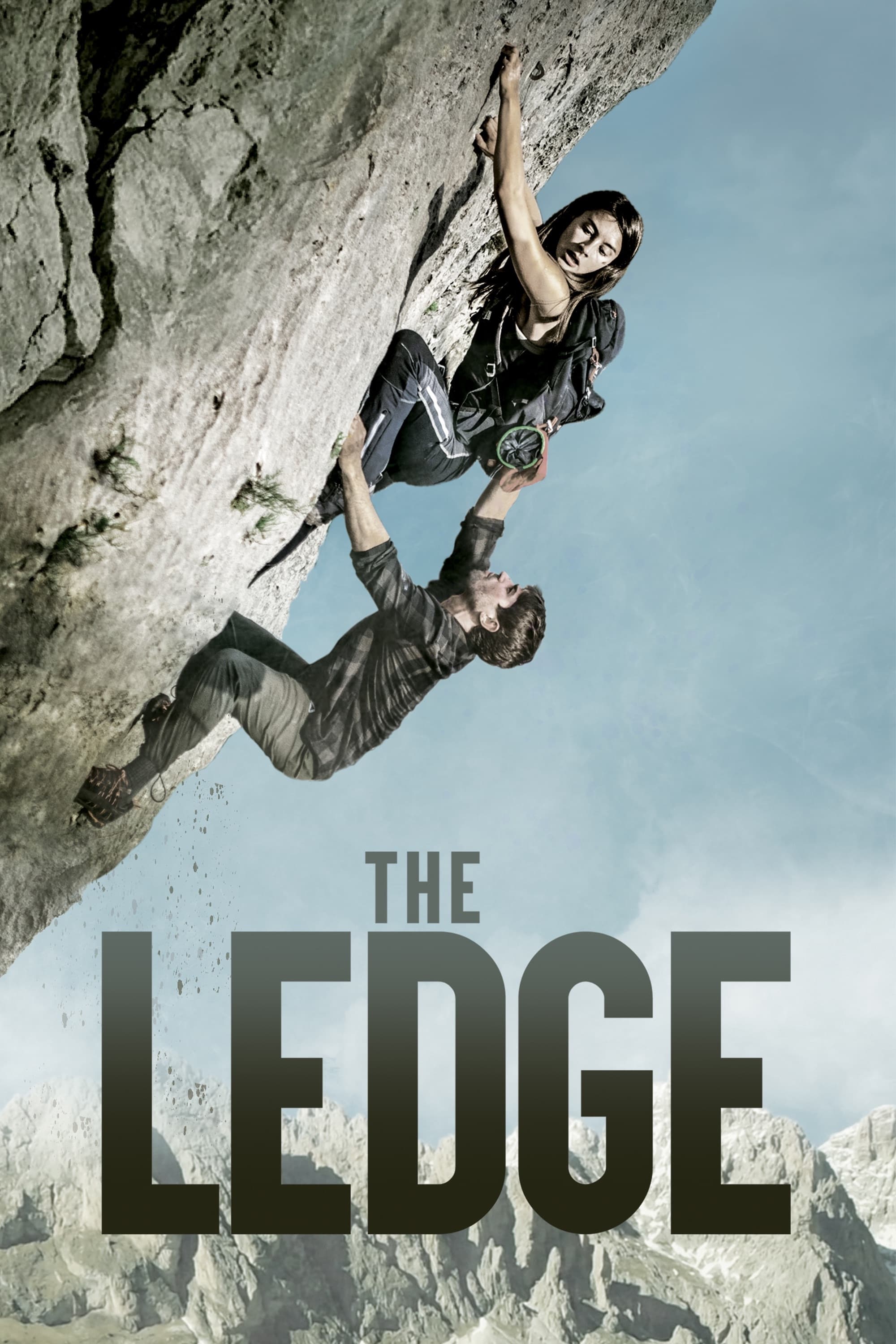
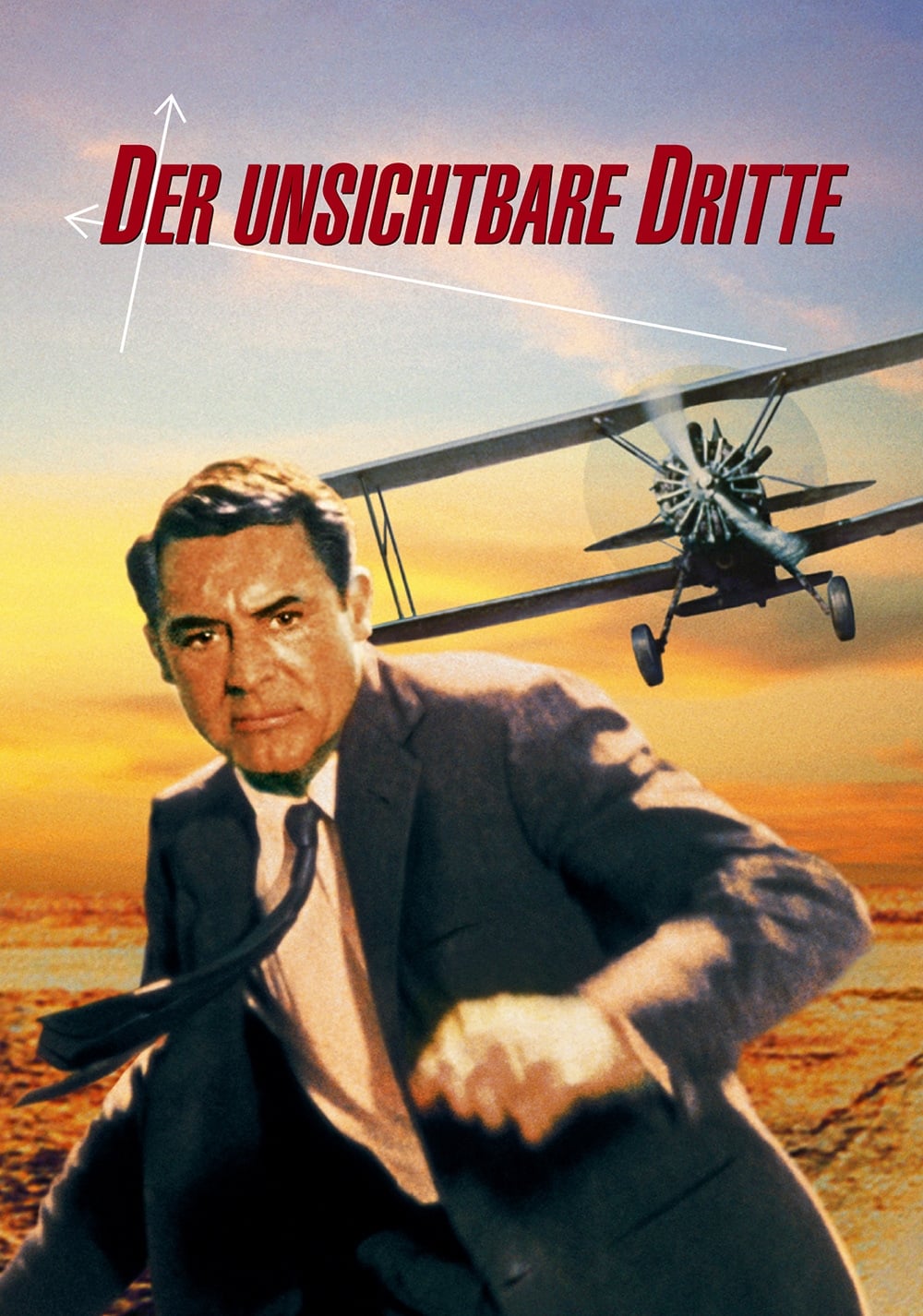
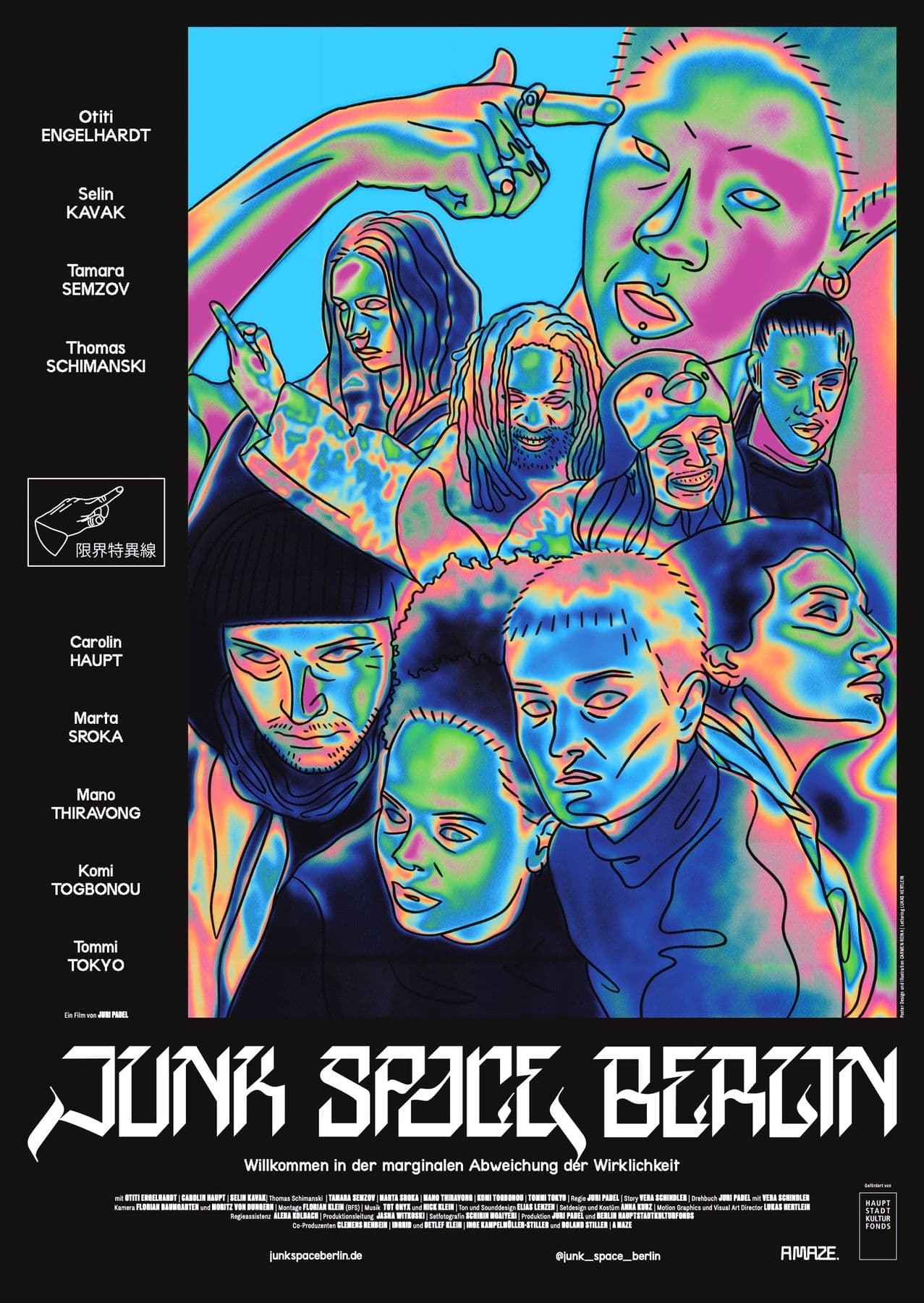
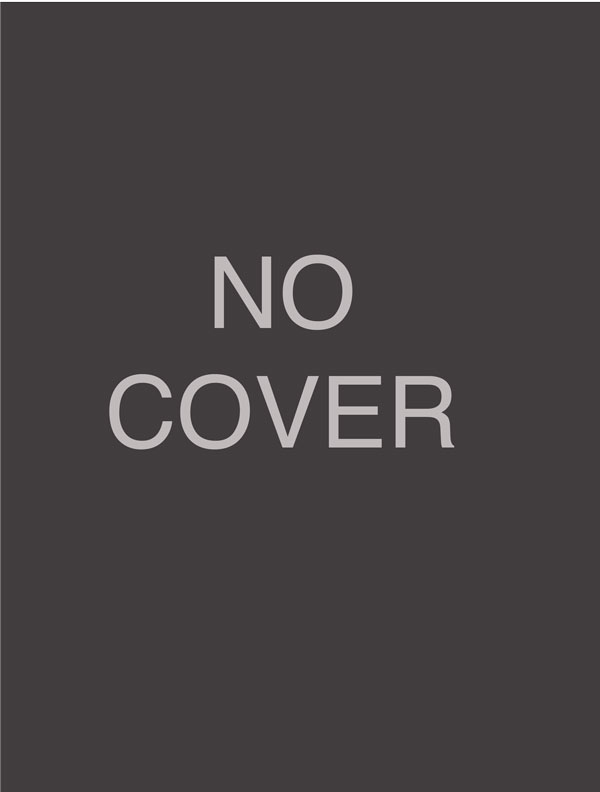
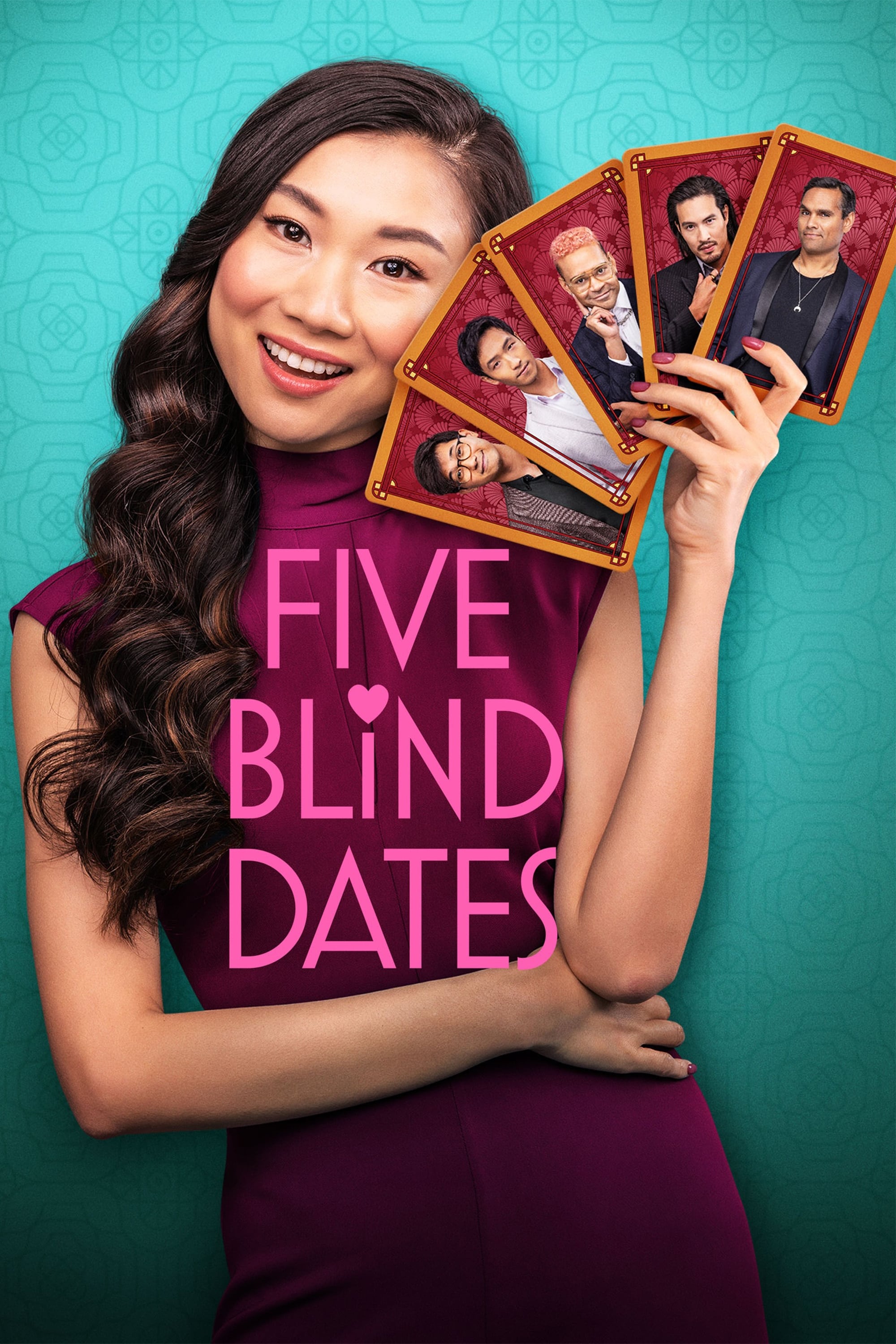
![Logan Richardson, Tommy Crane, Igor Osypov - Holy Water (2023) [FLAC 24bit/48kHz] Logan Richardson, Tommy Crane, Igor Osypov - Holy Water (2023) [FLAC 24bit/48kHz]](https://imghd.xyz/images/2023/05/29/yhm5ewi7b942a_600.jpg)
![Logan Richardson - Shift (2015/2016) [HDTracks FLAC 24bit/96kHz] Logan Richardson - Shift (2015/2016) [HDTracks FLAC 24bit/96kHz]](https://getimg.link/images/imgimgimg/uploads/2016/06/lt3uXKd.jpg)